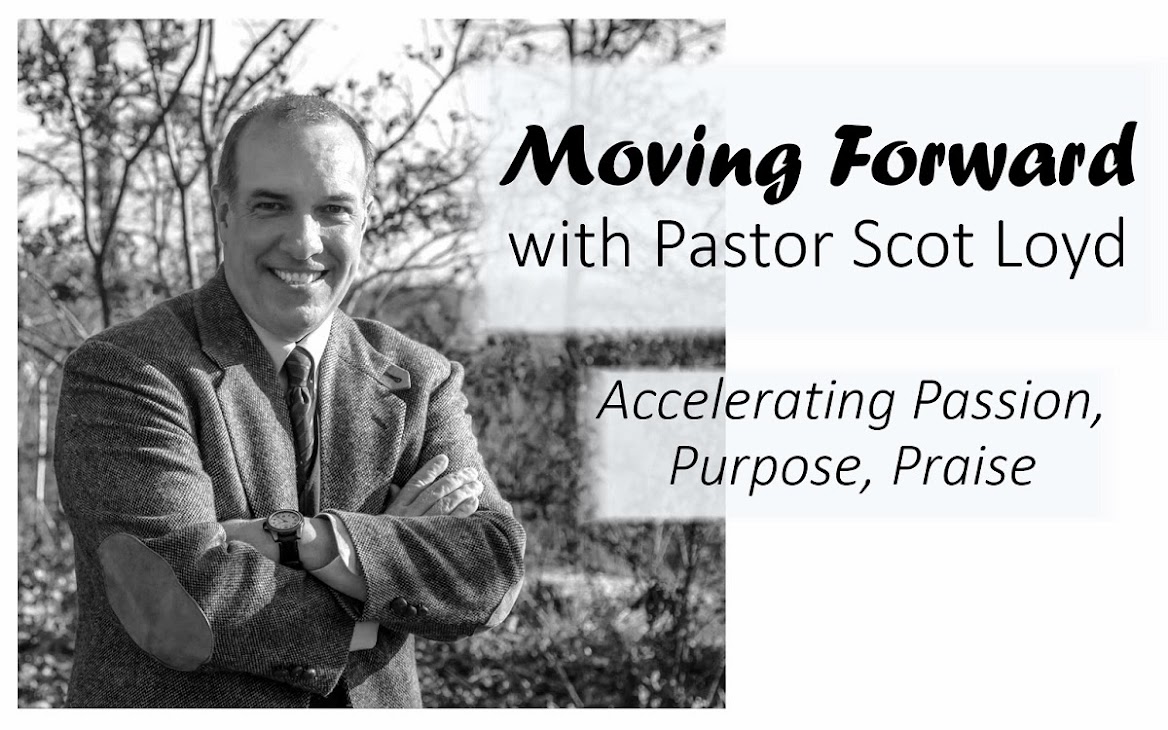The old sins of racism and hatred continue to raise their heads in America. With many of the details still unknown in the shooting of Michael Brown in Ferguson, Missouri, dividing lines have been drawn with protests and riots in full throttle. As Christians it is important for us not to deny the fact that these sins do exist and that we are called to be peace makers in the midst of all of this division and strife.
"In America, it is impossible to separate the conflicts concerning race and ethnicity from our national identity."
This isn't accomplished by turning away, but rather, by acknowledging our own shortcomings in our attitudes concerning those different than ourselves. In America, it is impossible to separate the conflicts concerning race and ethnicity from our national identity. This sin nearly destroyed the Union while it was still in its infancy, and still today threatens our peace and robs us of the lives of many of our young men and women.
These sins are not new to the human condition. When Jesus walked the earth, His culture was ripe with this same kind of hatred, based in nationalistic identity. Interestingly enough, the Bible records that a lot of this hatred did not originate with pagans but with those designated as God's "chosen" people. What should have humbled them, instead inflated their egos, to the point that they looked down on any people different than them as they defined it.
Into this culture, walked Jesus, the God-Man, who challenged all of these prejudices with His words and actions. What lessons can we learn from Jesus?
"What lessons can we learn from Jesus?"
1. Jesus dared to act differently: John chapter four is very helpful in understanding the response of Jesus to the racism of His day. John 4:4 reports "He had to pass through Samaria" This wasn't the beaten path for Jewish people traveling to Jerusalem in the first century. They would intentionally travel around Samaria because of their hatred and disdain for the Samaritan people. The Samaritans were hated because of their mixed ethnic heritage and their religious beliefs. They were to be avoided at all costs, even to the point of traveling out of the way. But Jesus went there on purpose. Christ continues to call His followers to act with purpose. We should not avoid those different than our selves but rather we should embrace them, knowing that we all have something to learn and something to forgive. Our identity as Christians isn't based in our skin color it is based solely in Christ.
2. Jesus spoke differently: As the story continues to unfold in John 4, Jesus interacts with a woman of questionable reputation at a well. In doing this Jesus breaks with all kinds of mores based in His culture. He speaks to a woman. He speaks to a Samaritan woman. He speaks to sinful, Samaritan woman as an equal. We are called to speak with others. Not superficially, but to speak with them with the intention of seeking to understand, and not just to be understood. The words that we speak to others and about others reveal the content of our hearts. When it comes to those different than ourselves may we be quick to speak words of meaning contributing to the building of bridges instead of walls.
3. Through the gospel, Christ empowers us to be different: At the end of John 4, the woman who was engaged by Christ became an evangelist, spreading the good news of her encounter to the city. Genuine encounters with Christ always change us. And when we are changed, collectively our world is changed. This is is the only lasting answer to the hatred buried deep in our hearts. Christ, through the gospel, changes us from the inside out.
In the meantime we are called to pray for justice and that peace should prevail for all those tonight who are laboring and languishing under the curse in a fallen world, and we should pray for the quick return of the "Prince of Peace" to Ferguson, Missouri, and to all of our hearts everywhere.


No comments :
Post a Comment